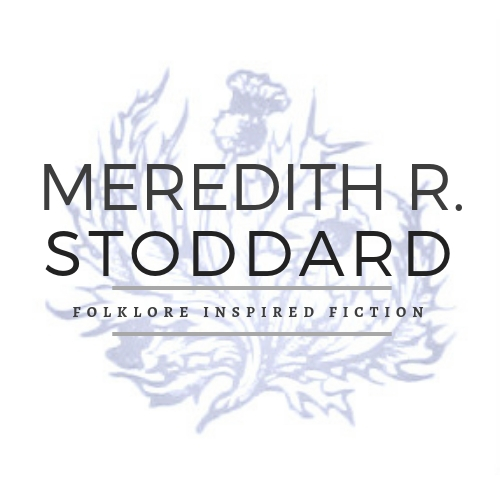It's been a while since I've updated the blog. This is mainly because I was pushing hard to have the book ready for beta readers by Christmas. Unfortunately, the flu got in my way by running through the family not once, but twice since I finished writing the book. When you throw in holiday preparations and a rather slow Alpha reader, you have a recipe for disaster. So I missed my deadline (GASP!). I know, it was a self-imposed deadline and I was sick in bed or bowing down to the porcelain god, but still I have an innate aversion (or dare I say horror) to missing deadlines. I mean the "dead" in deadline is there for a reason, right?
On the upside, much of the time I spent in bed sick was spent thinking about my characters and the feedback that my Alpha reader, my husband, gave me and mentally plotting out the next book in the series. I also spent plenty of time thinking about my next move. Namely the question facing a lot of authors today; Do I zip this out to market via KDP and CreateSpace or do I attempt to sign with an agent and get a wider distribution and maybe a little marketing help (and yes I know that help would be very little)? On the one hand, publishers are loath to take a chance on a new author with a series, and they would take a bigger chunk of the pie so to speak. On the other hand, it takes a lot of work to get noticed out there in the big bad reading world and my little historical fiction shorts while getting terrific reviews, aren't exactly selling like hotcakes. So, while my piece of the indie pie might be bigger, the pie itself (at least so far) is barely even snack size.
What's a girl to do?
I'm going to sit on it. That is to say, I'm going to hold off publishing this book until I have something more. Here's the plan:
1) I'm outlining the rest of the series, or at least the rest of the series involving the main characters as they stand now. This will give me a clear picture of where it's going and it will enable me to write a synopsis of each book.
2)Using the bird's eye view of the series from Step 1, write a pitch for the whole series with which to query agents. I believe that this series could be very commercial. I also believe it will fit nicely into the newly minted "New Adult" category that seemsso popular right now. It has enough of contemporary fantasy aspects to appeal to a young audience, but the characters and subject matter are definitely more mature than Young Adult. Imagine a Twilight style love triangle (no vampires or werewolves, I promise) with DaVinci Code style themes and you're coming pretty close.
3)Query, query query while working on my platform and trying to build an audience. That will likely include a trailer or two that I already have worked out in my head. Luckily I know a good filmmaker, my brother, who I might get to help me with that.
4) Write, write, write the second book. Hopefully, this one won't take more than a decade to write. But the writing/editing of it will most likely determine the timeline of the rest of the plan. I'll keep querying until I get a bite or finish the second book. If no agents or publishers have bitten (I really promise there are no vampires in this series.), then I will likely publish them myself in close succession. That way I can hopefully whet the reader's appetites with the first two books enough to get them to buy a third and fourth, fifth, and who knows by then I might even plan a series for the next generation of characters.
At least that's my plan, and it feels pretty darn good to start off the new year with a plan.
Now for some details about the first book. The working title right now is THE RIVER MAIDEN. Here's a working cover. 
And here's the pitch:
Raised by her Scottish Grandmother in the Blue Ridge Mountains, Sarah MacAlpin grew up with one foot in the old world and one foot in the new world. She's worked hard to get to where she is and at 25 she's got her life planned out, that is until she meets Dermot Sinclair.
Plagued by nightmares of a tragic past and murky visions of the future Sarah pushes on toward finishing her dissertation. In spite of her hard work and planning the world around her seems to be spinning out of control. Her relationships with her boyfriend and her best friend are falling apart and the new guy in town seems to be dogging her every step. He's friendly enough and can help with her research, but she can't help thinking there's something that he isn't telling her.
If you're interested in reading further. There is a large chunk of the book available to read on Authonomy. If you read it there, please leave feedback. It will only help me. If you're interested in being a beta reader (kind of like a beta tester for software) and getting to read the whole thing once the edits are done (naturally in exchange for your feedback), please let me know in the comments here or through my Facebook page.
Thanks as always.
I hope you all will have as exciting a new year as I expect to.





